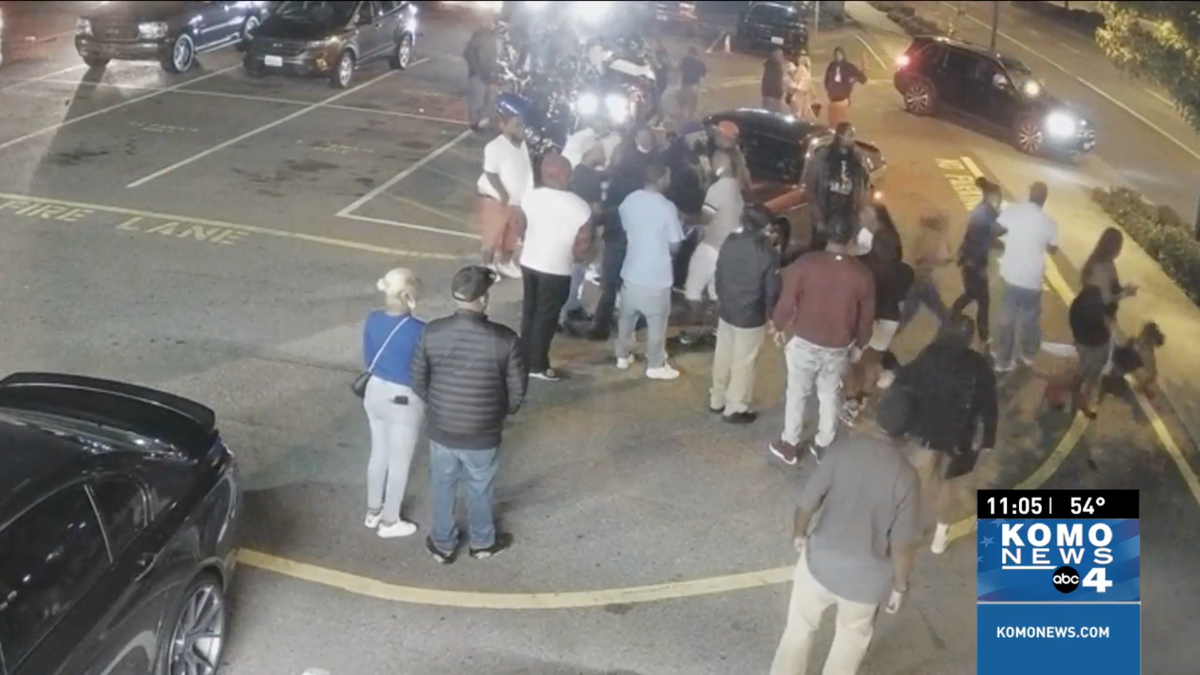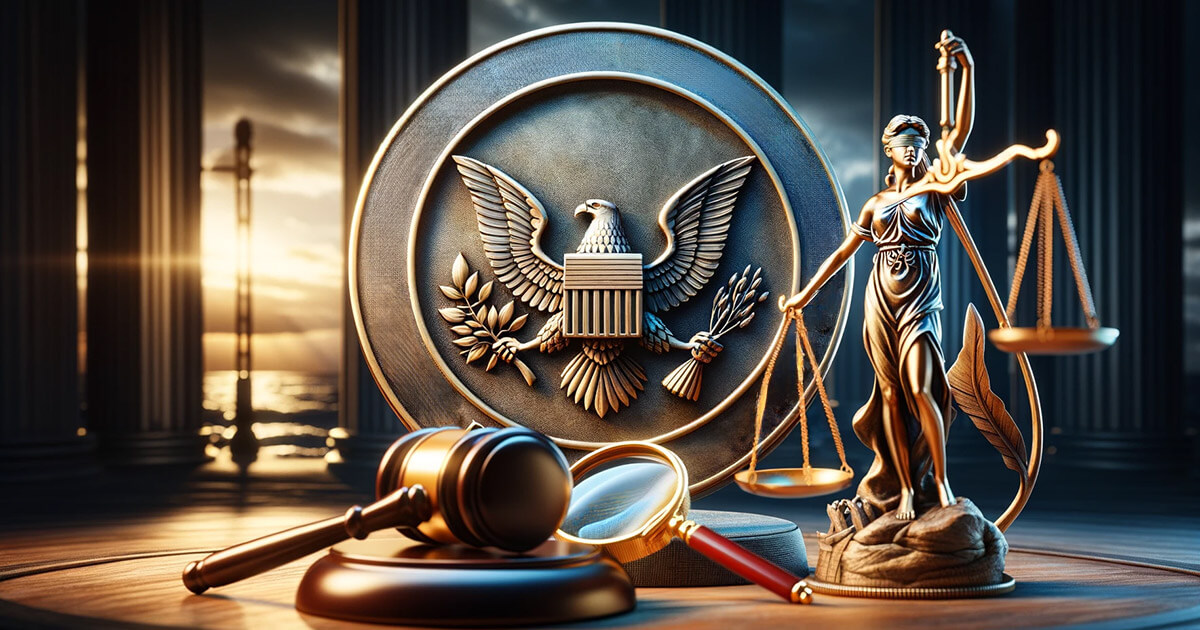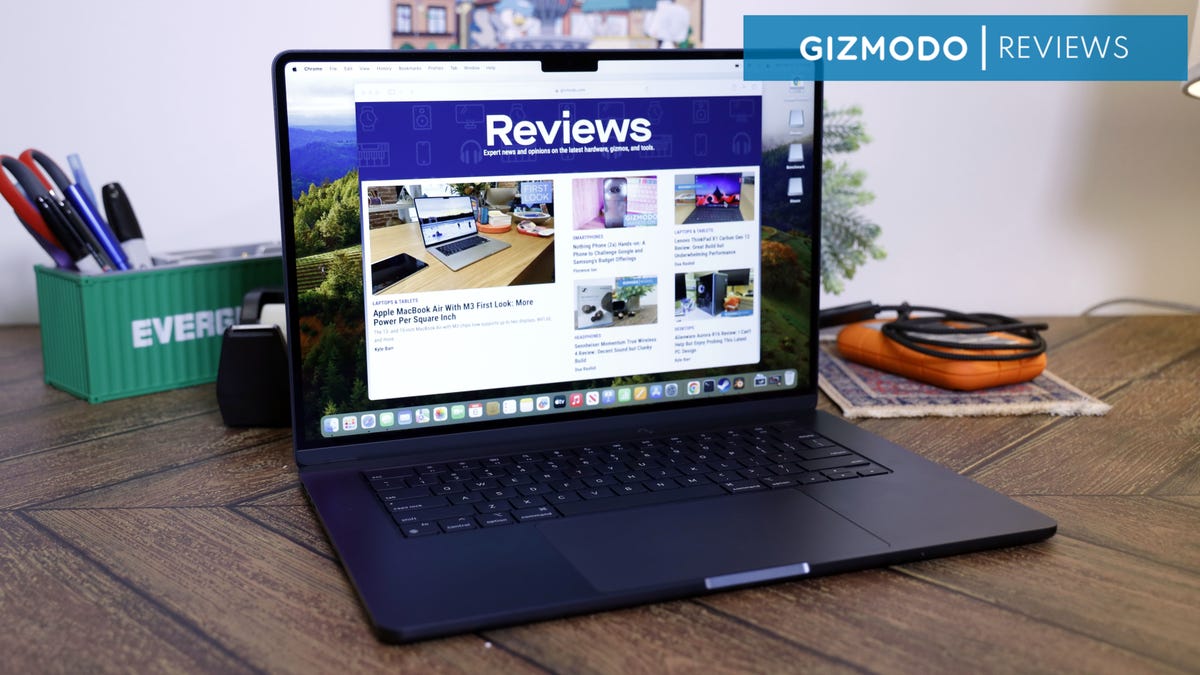Judge Blocks Usage of AI-Enhanced Video Evidence in Triple Murder Trial
A judge presiding over a triple murder trial in Washington state recently made a significant decision to block the submission of video evidence that had been “AI-enhanced.” This ruling by Judge Leroy McCullough in King County highlighted concerns about the use of artificial intelligence to manipulate visual data in legal proceedings.
Legal Implications of AI Enhancement
Judge McCullough expressed skepticism about the accuracy and transparency of AI technology in representing visual information. According to a report by NBC News, the judge raised concerns about the “opaque methods” employed by AI models to interpret and alter video recordings. He warned that introducing AI-enhanced evidence could lead to confusion among jurors, complicate eyewitness testimonies, and prolong the trial process.
The case in question involves Joshua Puloka, a 46-year-old individual accused of committing a heinous crime that resulted in multiple fatalities and injuries at a bar near Seattle in 2021. Puloka’s defense team sought to present cellphone footage that had been subjected to AI enhancement, presumably in an attempt to extract additional details or insights from the footage.
However, the court scrutinized the credibility of the AI-enhanced video, particularly due to the unconventional methods used in its enhancement process. Puloka’s legal representatives enlisted a video production expert with no prior experience in criminal cases to enhance the footage. The expert utilized an AI tool developed by Topaz Labs, a Texas-based technology company that offers accessible AI solutions to the public.
Misconceptions Surrounding AI Technology
The use of AI-powered imaging tools has sparked widespread misconceptions about their capabilities and limitations. Many individuals mistakenly believe that AI algorithms can enhance or reveal hidden details in visual content. In reality, AI upscaling techniques often introduce artificial information rather than enhancing existing data. This phenomenon was exemplified by a viral conspiracy theory related to an incident involving Chris Rock and Will Smith at the 2022 Academy Awards.
After the emergence of the theory, experts clarified that AI-enhanced images do not necessarily provide an accurate representation of reality. Rather than enhancing genuine details, AI algorithms tend to generate interpretations based on data patterns, sometimes leading to distortions or misinterpretations of the original content. Despite the availability of high-resolution evidence refuting the conspiracy theory, the public’s fixation on AI enhancements persists as a testament to the pervasive confusion surrounding AI technology.
The proliferation of AI products and services has further fueled public misconceptions about the capabilities of artificial intelligence. Language models like ChatGPT, which simulate human-like conversations, have misled users into believing in the cognitive abilities of AI systems. In reality, these models rely on predictive algorithms rather than actual reasoning, emphasizing the need for greater understanding and critical evaluation of AI technologies.
Challenges in Assessing AI Evidence
The court’s decision to exclude AI-enhanced evidence from the trial underscores the challenges associated with integrating AI technology into the legal system. While AI tools offer potential benefits in data analysis and processing, their use in legal contexts requires cautious scrutiny and robust validation processes to ensure the reliability of AI-generated information.
As the debate around AI ethics and transparency continues, it is essential for legal professionals, policymakers, and the public to engage in informed discussions about the implications of AI in various domains. By upholding standards of evidence integrity and procedural fairness, the judiciary can navigate the complexities of AI technology while safeguarding the principles of justice and truth in legal proceedings.
Image/Photo credit: source url





